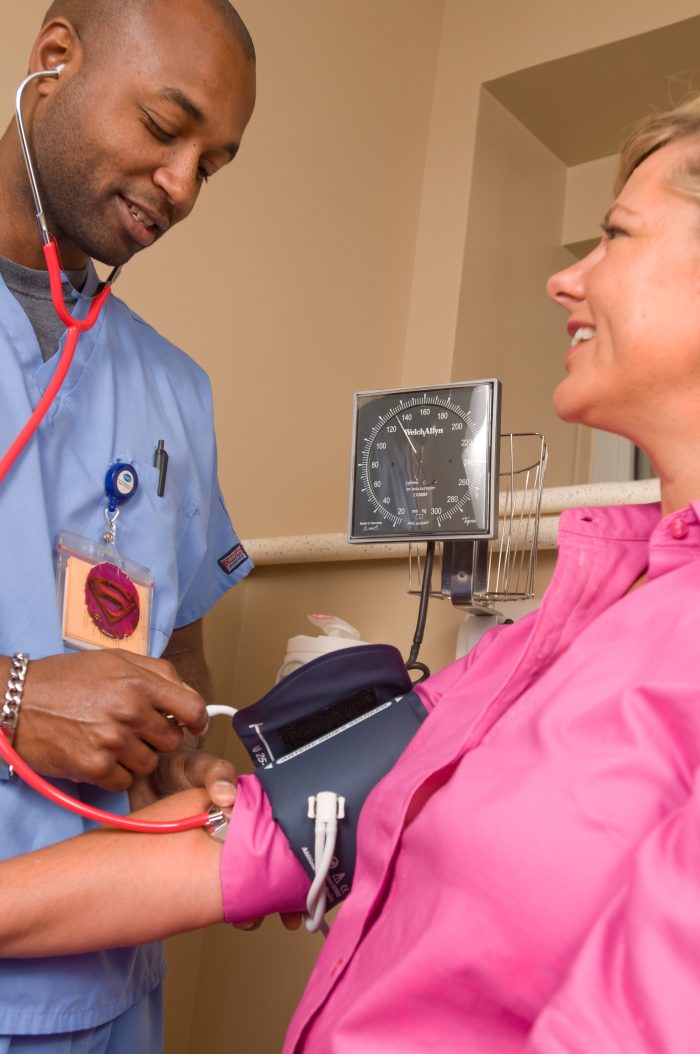The Healthcare Science Associate in Cardiac Physiology will perform, interpret ECG’s and blood pressure measurements in addition to providing support with longer term ECG and blood pressure monitoring, including remote monitoring and 24hr-72hr Ambulatory monitoring.
Associate Cardiac Physiologists will provide, fit and interpret a range of monitoring devices to assess for any cardiac abnormalities and assist senior staff in other areas of the service.


